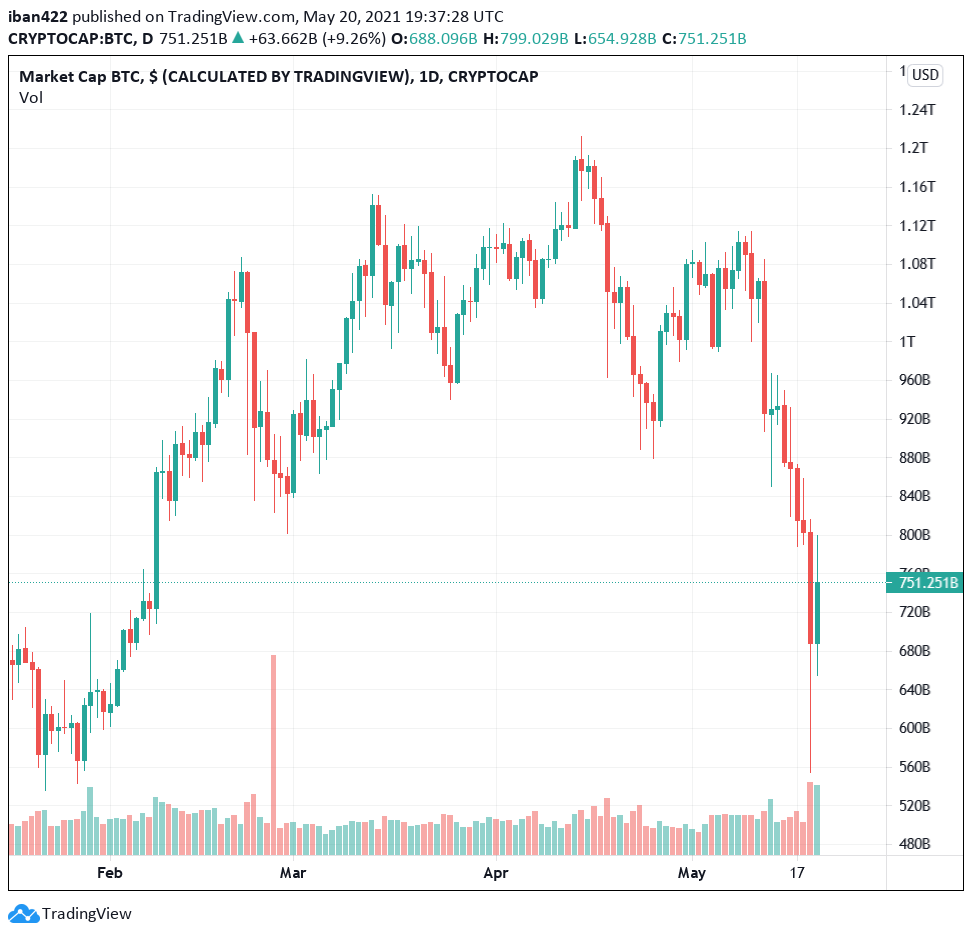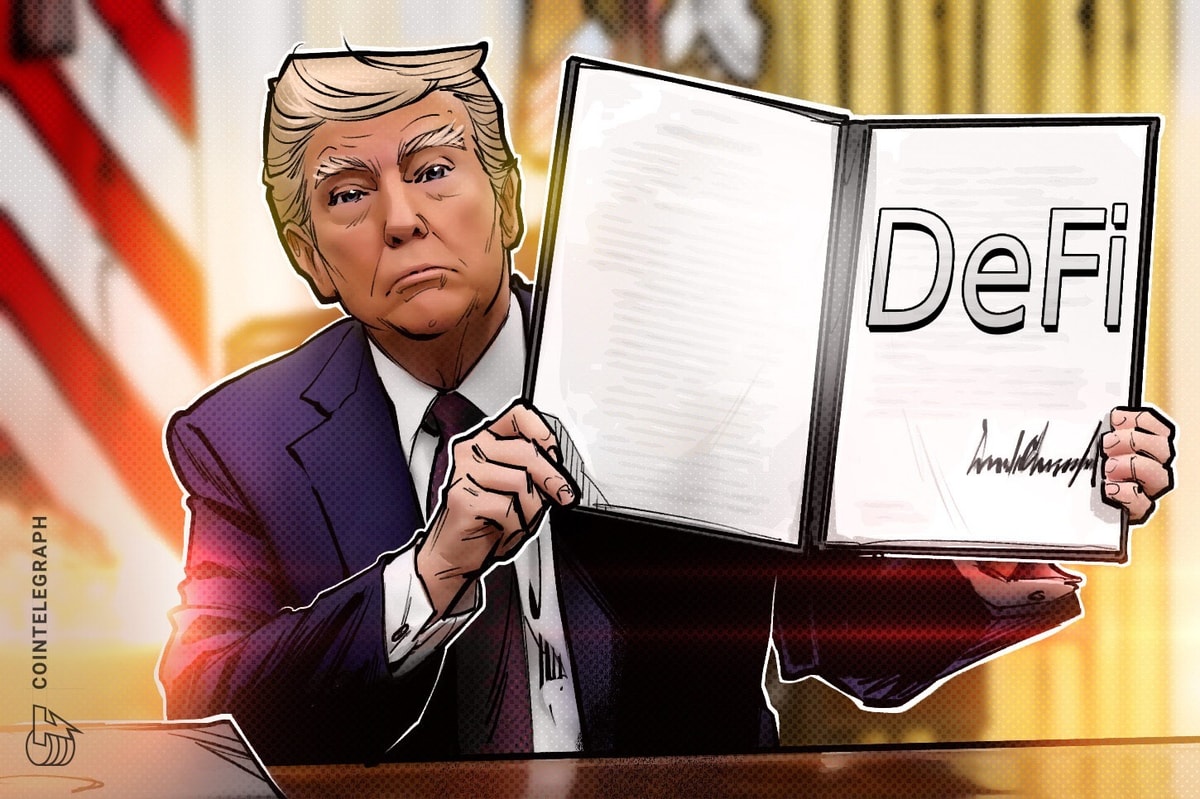As part of President Joe Biden’s new tax enforcement measure, the US Department of Treasury has introduced legislation to combat tax evasion involving cryptocurrencies.
Treasury Proposes Measures To Prevent Crypto-Tax Evasion
The U.S. Department of the Treasury released a study on Thusday entitled “The American Families Plan Tax Enforcement Agenda.” The report details President Joe Biden’s proposed tax compliance initiatives.
The announcement Thursday came as part of a broader proposal to improve tax compliance and stop tax evasion.
Among the measures is “Increased information reporting.” The study states that “The President’s policy includes information reporting on financial statements to improve the visibility of gross revenues and expenditures to the IRS,” adding that “The reporting regime will also include international financial institutions and crypto asset exchanges and custodians.”
The report notes that “Another significant concern is virtual currencies, which have grown to $2 trillion in market capitalization.” It noted:
“Cryptocurrency already poses a significant detection problem by facilitating illegal activity broadly including tax evasion.”
“This is why the President’s proposal includes additional resources for the IRS to address the growth of cryptoassets,” the Treasury report continues. “Despite constituting a relatively small portion of business income today, cryptocurrency transactions are likely to rise in importance in the next decade, especially in the presence of a broad-based financial account reporting regime.”
Emphasizing that “Within the context of the new financial account reporting regime, cryptocurrencies and cryptoasset exchange accounts and payment service accounts that accept cryptocurrencies would be covered,” the proposal details:
“As with cash transactions, businesses that receive cryptoassets with a fair market value of more than $10,000 would also be reported on”
Related article | Engineer Uses Bitcoin to Defraud Microsoft of $10M, Evade Taxes
Changes Could Bring In More Revenue
According to the Treasury’s Office of Tax Analysis, the reforms could generate an extra $700 billion in tax revenue over the next decade, and $1.6 trillion in the decade after that. The existing tax gap is estimated to be about $600 billion a year, according to the Treasury Department, though IRS Commissioner Charles Rettig recently stated that it may be as high as $1 trillion.
Many tax experts are skeptical of Treasury’s estimates, and some of their proposed compliance mechanisms could face political backlash among lawmakers. According to Treasury’s proposal, audit rates for those making less than $400,000 a year “will not increase compared to recent years,” which is consistent with the president’s campaign promise not to raise taxes on the middle class, but could limit the plan’s effectiveness. Increasing IRS compliance is seen as less politically difficult than other options, such as raising taxes, but it will expose the administration to criticism that its policies are based on unrealistic projections.
“I think there is no way under the sun they can get $700 billion. They will be very pleased if they get $250 billion,” said Douglas Holtz-Eakin, a Republican policy analyst and former director of the CBO. “This is just completely unrealistic.”
Related article | Bitcoin Community Cringes as Federal Reserve & the Treasury Look to Crack Down

Featured image from Pixabay, Chart from TradingView.com











